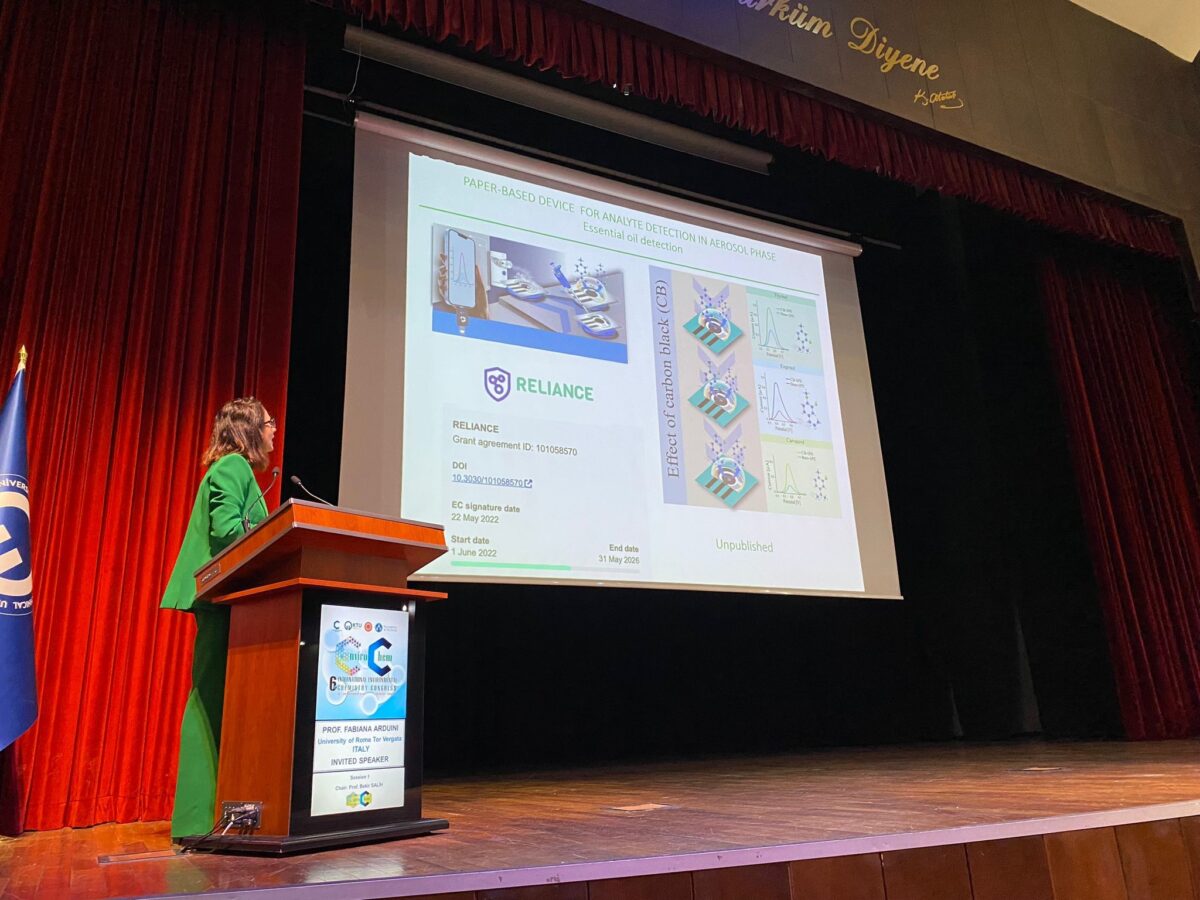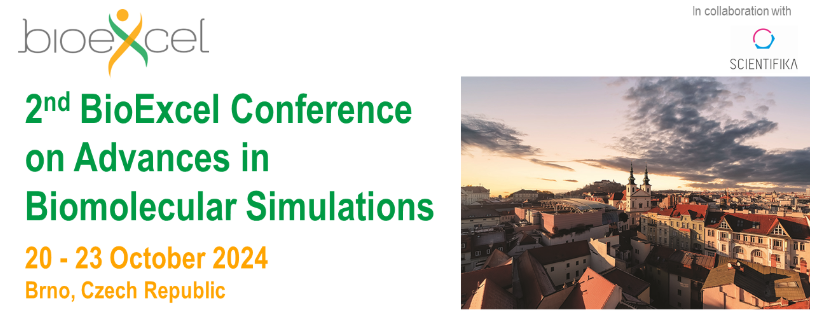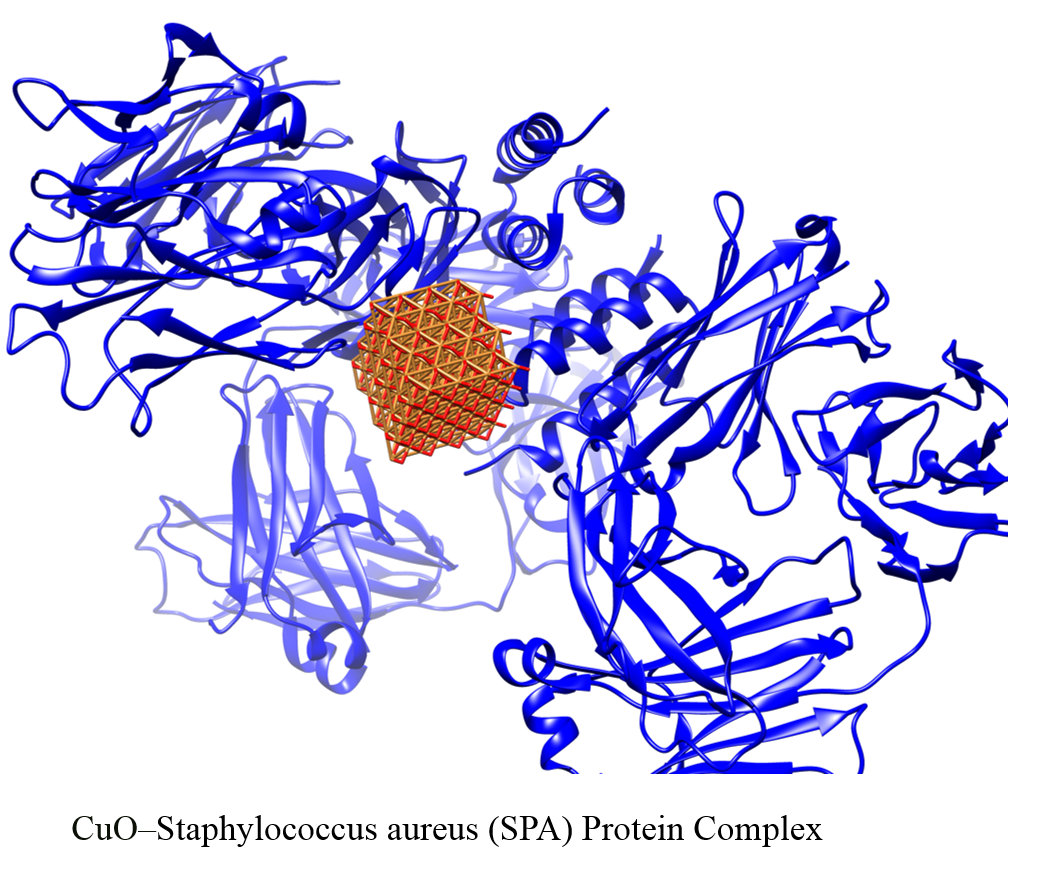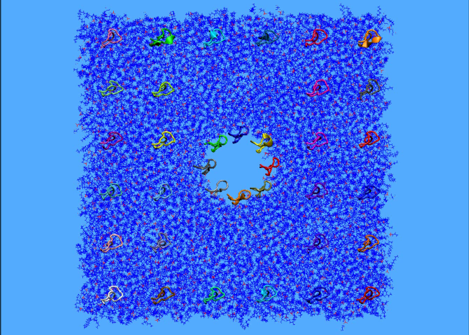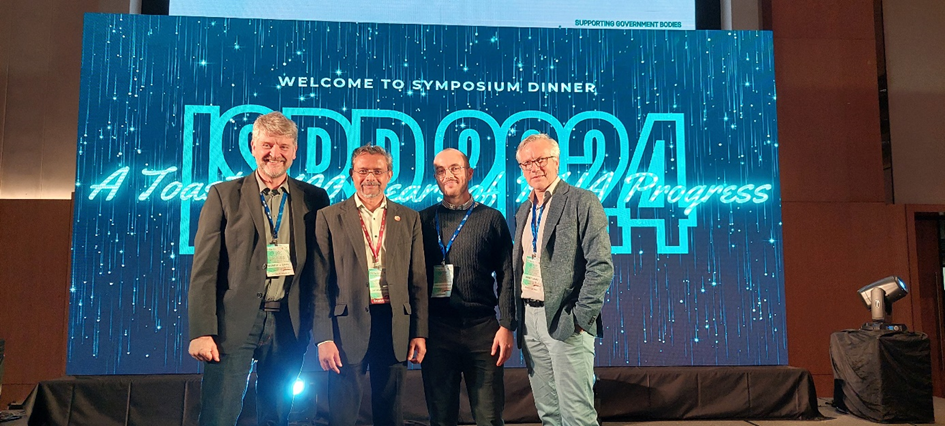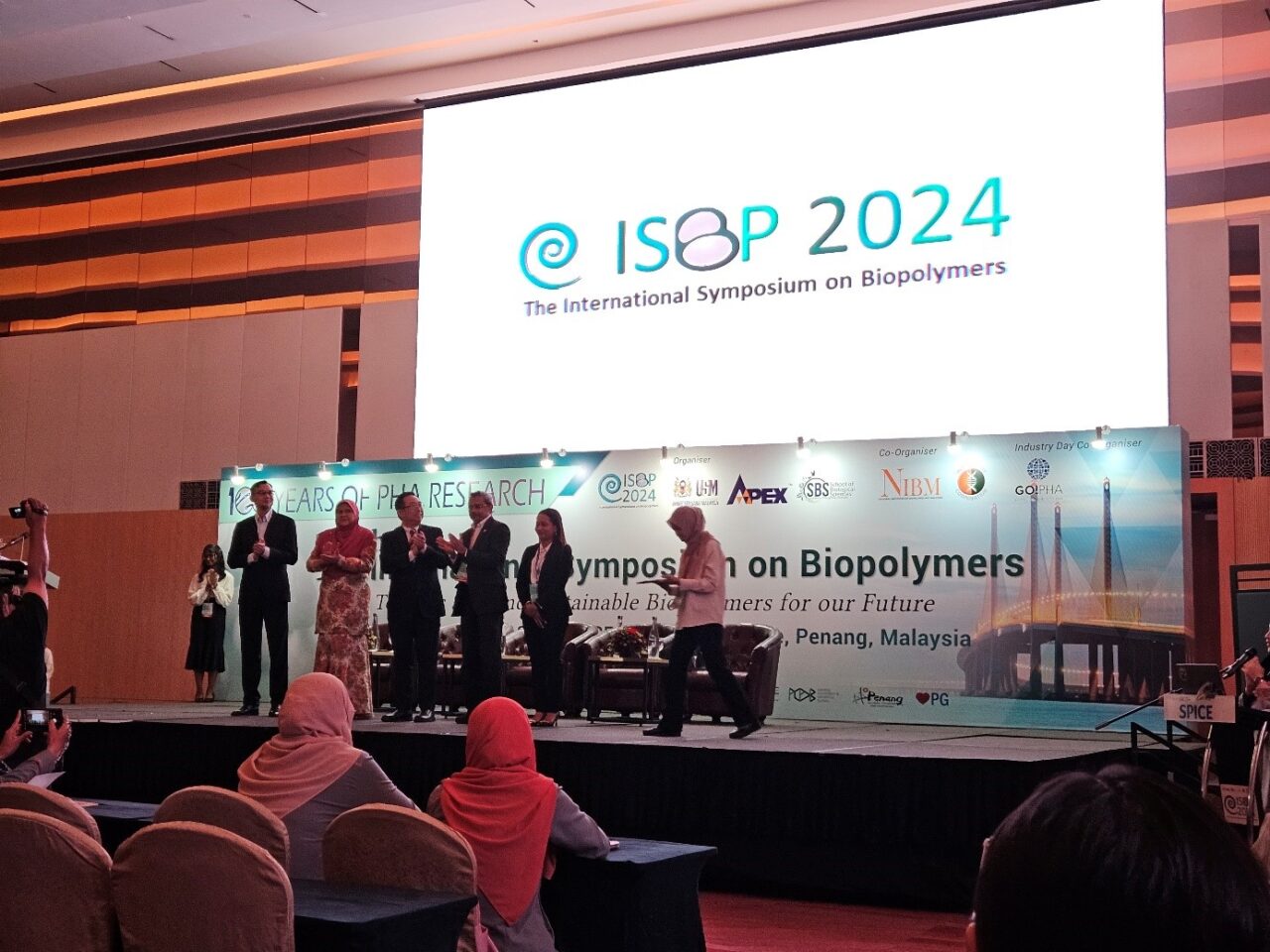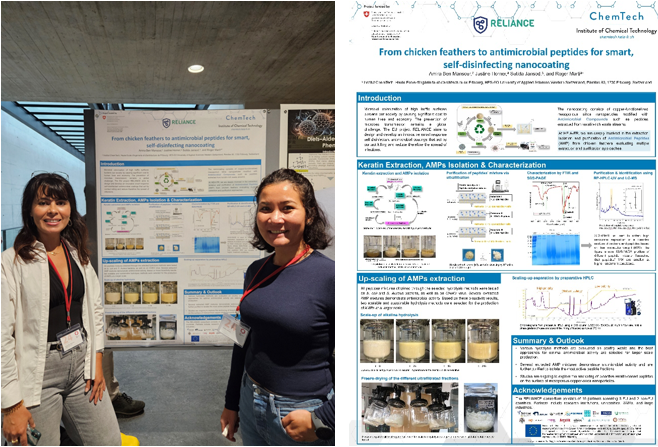The 2024th edition of the Environmental Chemistry Congress (EnviroChem) took place from November 5 to 8, 2024, at the Karadeniz Technical University, Osman Turan Congress Centre in Trabzon, Turkey.
Hosted by the Turkish Chemist Society, this gathering focused on various environmental chemistry fields, drawing experts and researchers worldwide to discuss challenges and advancements in pollution management, sustainable materials, toxicology, and more. Beyond the main sessions, the program encompassed oral and poster sessions, with awards for top posters, as well as stand areas for networking accompanied by refreshments.
The RELIANCE project was represented by Prof. Fabiana Arduini, from the University of Rome Tor Vergata (UNITOV), who participated as an invited speaker. The congress united an audience of about one hundred professionals, researchers, and students, with several backgrounds, all united in the perfect setting that encouraged an engaging and collaborative atmosphere.
The main topics of the conferences included:
- Air Chemistry and Pollution
- Water Chemistry and Pollution
- Toxicological Chemistry
- Waste Minimization, Utilization, and Treatment
- Green Chemistry and Industrial Ecology
- Sources and Sustainable Materials, Energy
- Analysis and Monitoring.
Titled “Nanomodified Paper-Based Electrochemical (Bio)sensors for Smart and Sustainable Environmental Analyses”, Fabiana Arduini shared her research journey and findings on developing innovative electrochemical devices that are both efficient and eco-friendly. This topic aligns closely with the themes of Analysis and Monitoring and Green Chemistry, as it addresses the need for sustainable yet highly effective tools for environmental monitoring.
The focus of Prof. Fabiana’s presentation was on paper-based electrochemical (bio)sensors, which provided significant benefits compared to traditional sensors, especially regarding sustainability and functionality. This technology became an attractive option because of its eco-friendly design, which removed the necessity for non-biodegradable materials like polyester and permits incineration after use, thus minimizing waste. In contrast to conventional sensors, these paper-based devices can be easily combined with vertical microfluidics, serving as reservoirs for advanced sensing capabilities.
At the conference, Fabiana Arduini shared the results obtained in the RELIANCE project, highlighting the most recent outcomes of our research efforts. RELIANCE has played a crucial role in advancing this technology, supporting the development of nano-modified sensors that can accurately detect essential oils (used as disinfectants), while maintaining a low ecological footprint. These developments have generated significant interest from the public, who are keen to learn about the technological and practical implications of our work.
This presentation and the following discussion emphasized the importance of sustainable sensing technology in tackling environmental issues. She highlighted the potential of these devices to fill critical gaps in monitoring capabilities, especially as regulatory standards for pollution detection become more rigorous. The feedback from the audience stimulated fresh ideas and viewpoints in her ongoing research.
This conference also served as a reminder of the crucial role that environmental chemistry plays in shaping a sustainable future.

